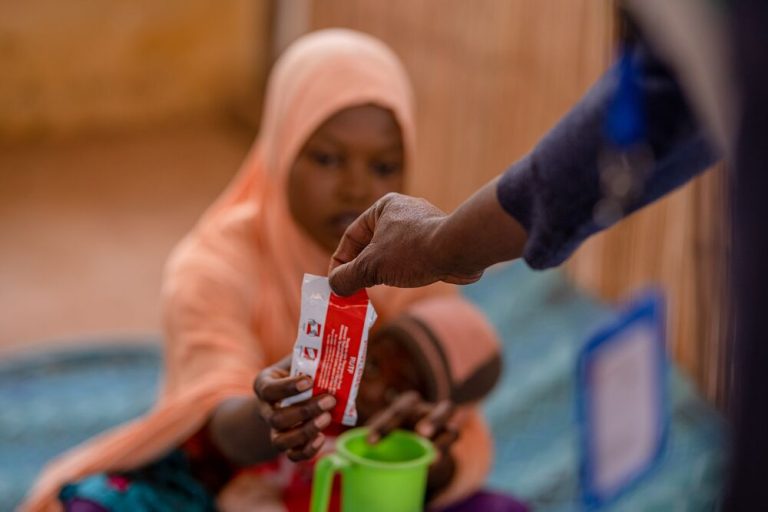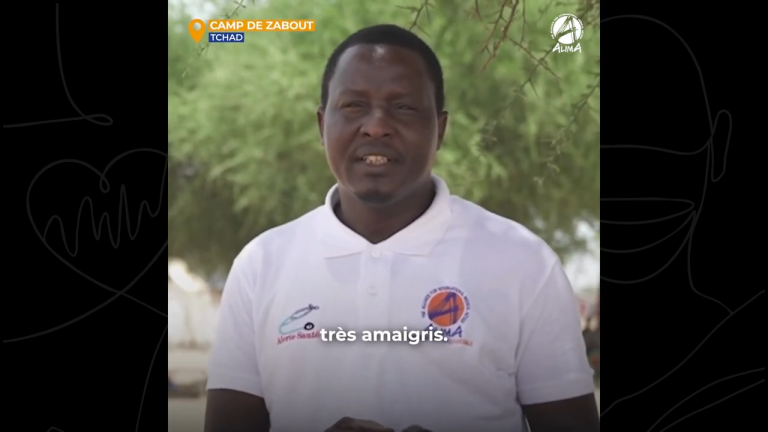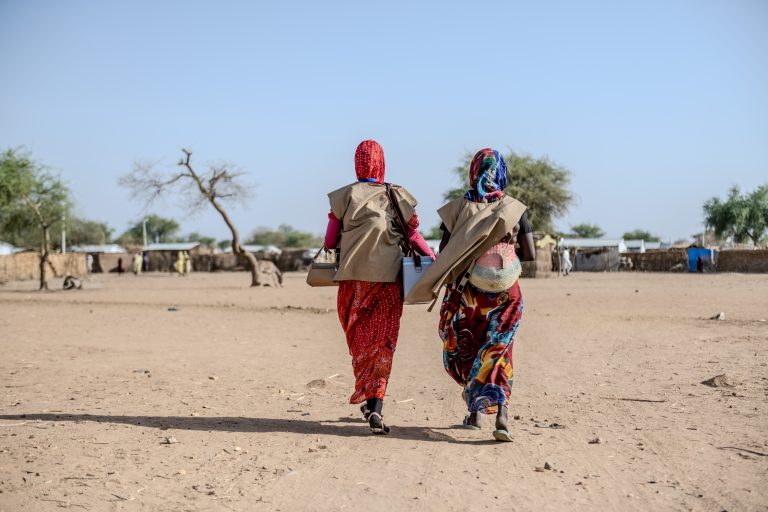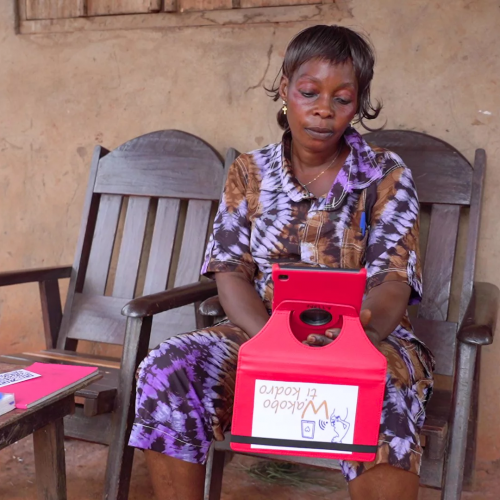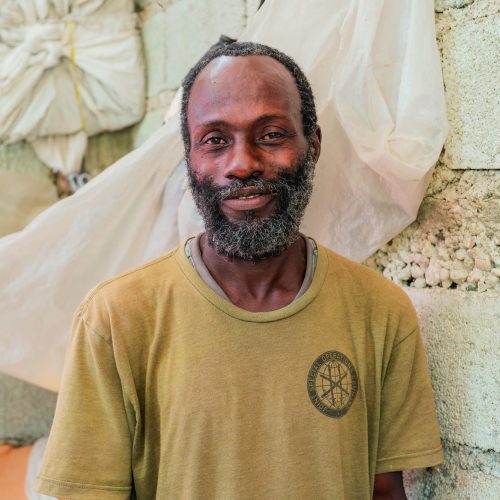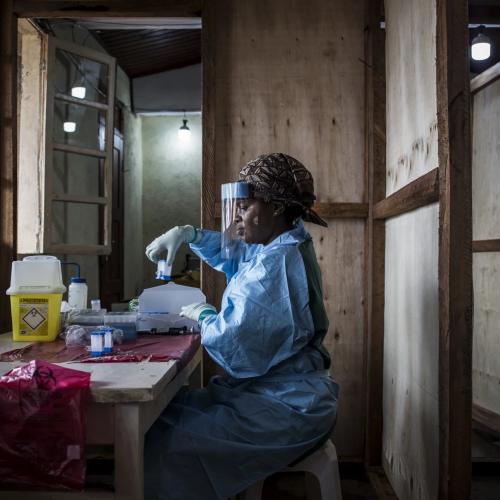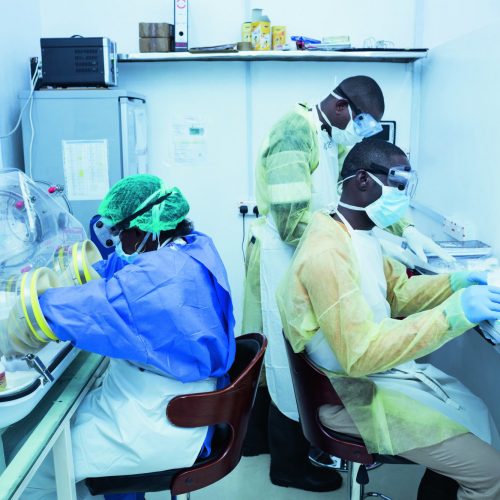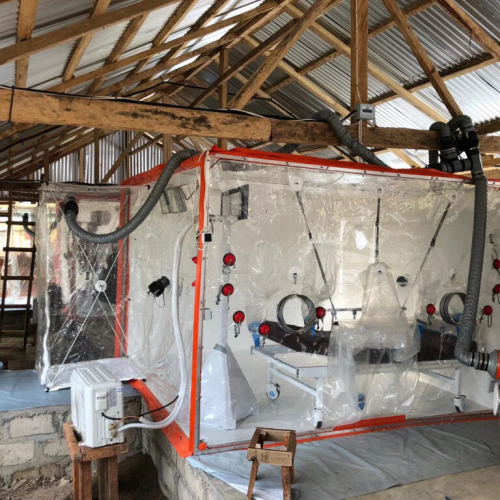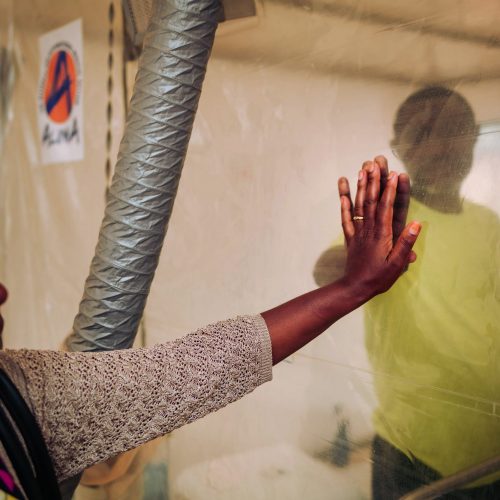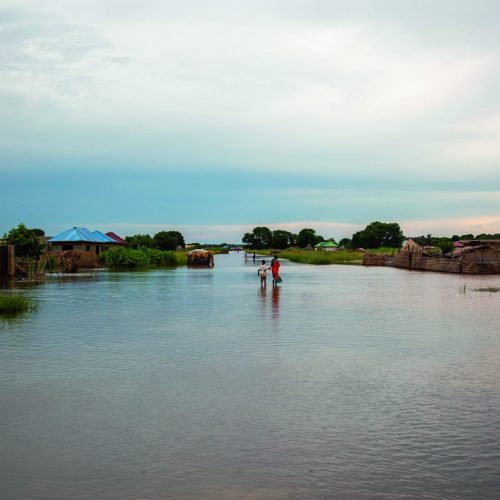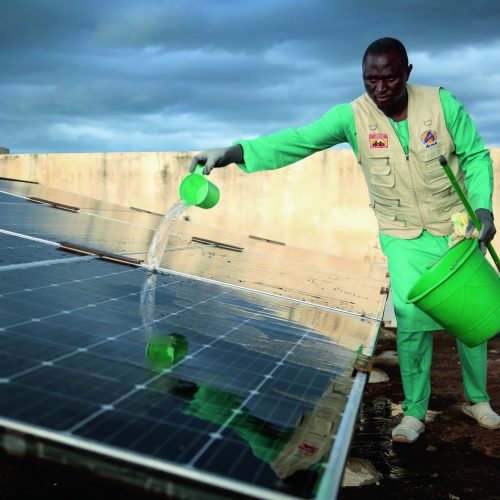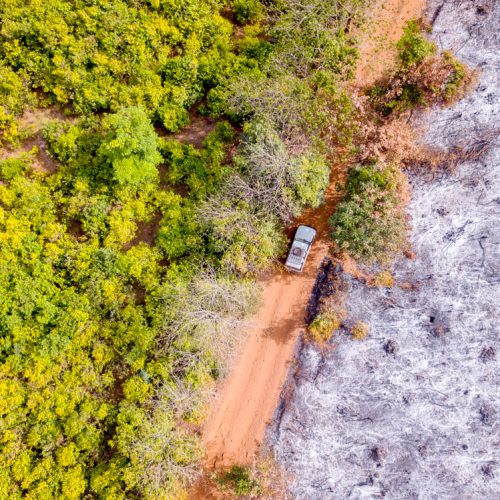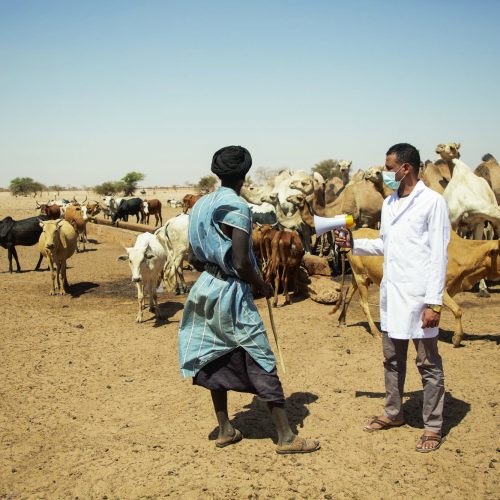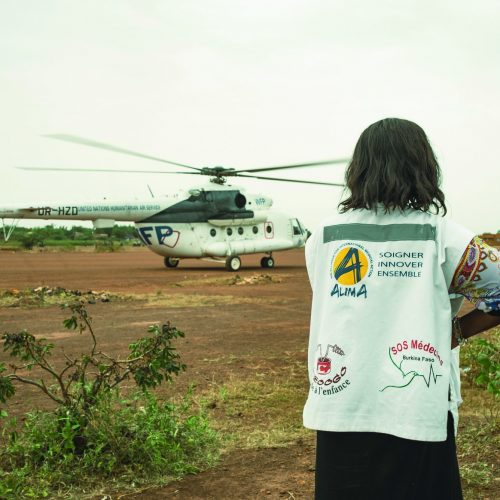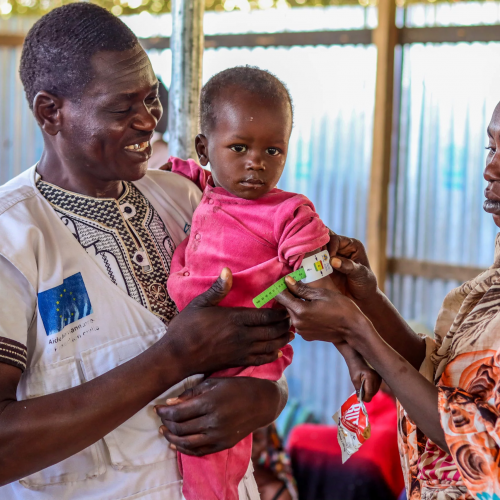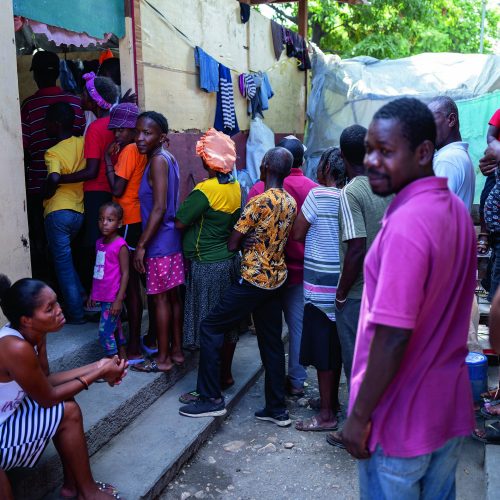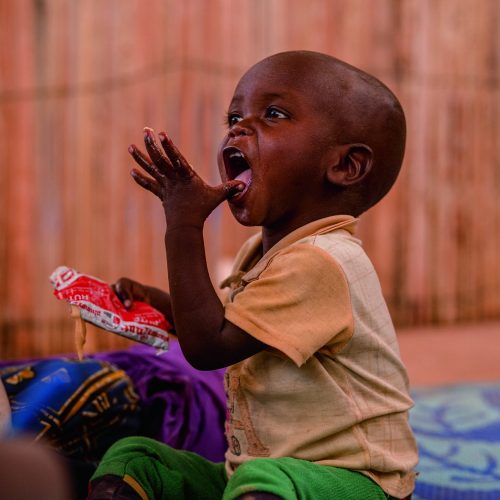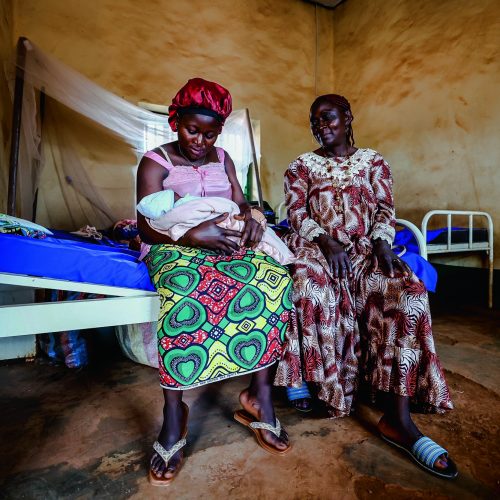From the moment you arrive, it’s clear the humanitarian needs are huge: health centers have been looted or destroyed; there is limited access to food; hundreds of villages have been burnt to the ground. Much of the population, including doctors and nurses, has fled into the forest. For those families that remain, many have taken refuge in abandoned buildings. Pregnant women,children and the elderly are among the most vulnerable, lacking access to health care, proper nutrition and education. According to screenings by ALIMA in three health areas, an estimated 36% of children under the age of five are suffering from moderate acute malnutrition and nearly 3% are severely malnourished.
Despite the fact that more than a third of people living in Mwene-Ditu are affected by the conflict, at the time of our investigation, no other NGOs were on the ground to provide humanitarian assistance to displaced populations or the host communities.
Free, primary health care is the main concern, as many children suffer from malaria, respiratory infections, diarrhea and are in need of vaccinations. Most health centers are not functioning, but even if given access to a clinic, most people have no money to pay for medical care or medications. Children also need to be screened for malnutrition and, if necessary, treated, before they reach the point of requiring hospitalisation. Pregnant women must have access to free pre- and post-natal care.
Our team was the first to launch a detailed, multi-sectoral investigation on the ground in the five most affected areas in Lomami. Getting there was not easy. The voyage from DRC’s capital, Kinshasa, involves a flight to Bujumai, and then a four-hour drive to Mwene-Ditu. Along the way, there are 10 security checkpoints. The roads conditions are generally poor, and now that rainy season is underway, many parts of the route have been flooded or washed away.
Following the intervention of the FARDC (Armed Forces of the DRC) in Lualaba, calm has returned in recent weeks. But now, as people begin to return home, the humanitarian needs are even higher. In terms of health and nutrition, health centers must be rehabilitated, and restocked with medicines and medical equipment; there needs to be support for the management of children with severe acute malnutrition and malaria; routine vaccinations need to be administered; there needs to be care available for victims of sexual violence and women need reproductive health support. All of these services must be provided free of charge.
ALIMA is now calling on more humanitarian actors to intervene in Kasai, as well as for those actors already on the ground to scale-up their response. With adequate funding, ALIMA can help respond to the health and nutrition needs of host, displaced and returned populations in Lomami, by improving access to emergency medical and nutritional care. This includes resuming health care in clinics that have been looted or abandoned, and providing free mobile healthcare to displaced populations that have fled into the bush.
© Alexis Huguet / ALIMA

